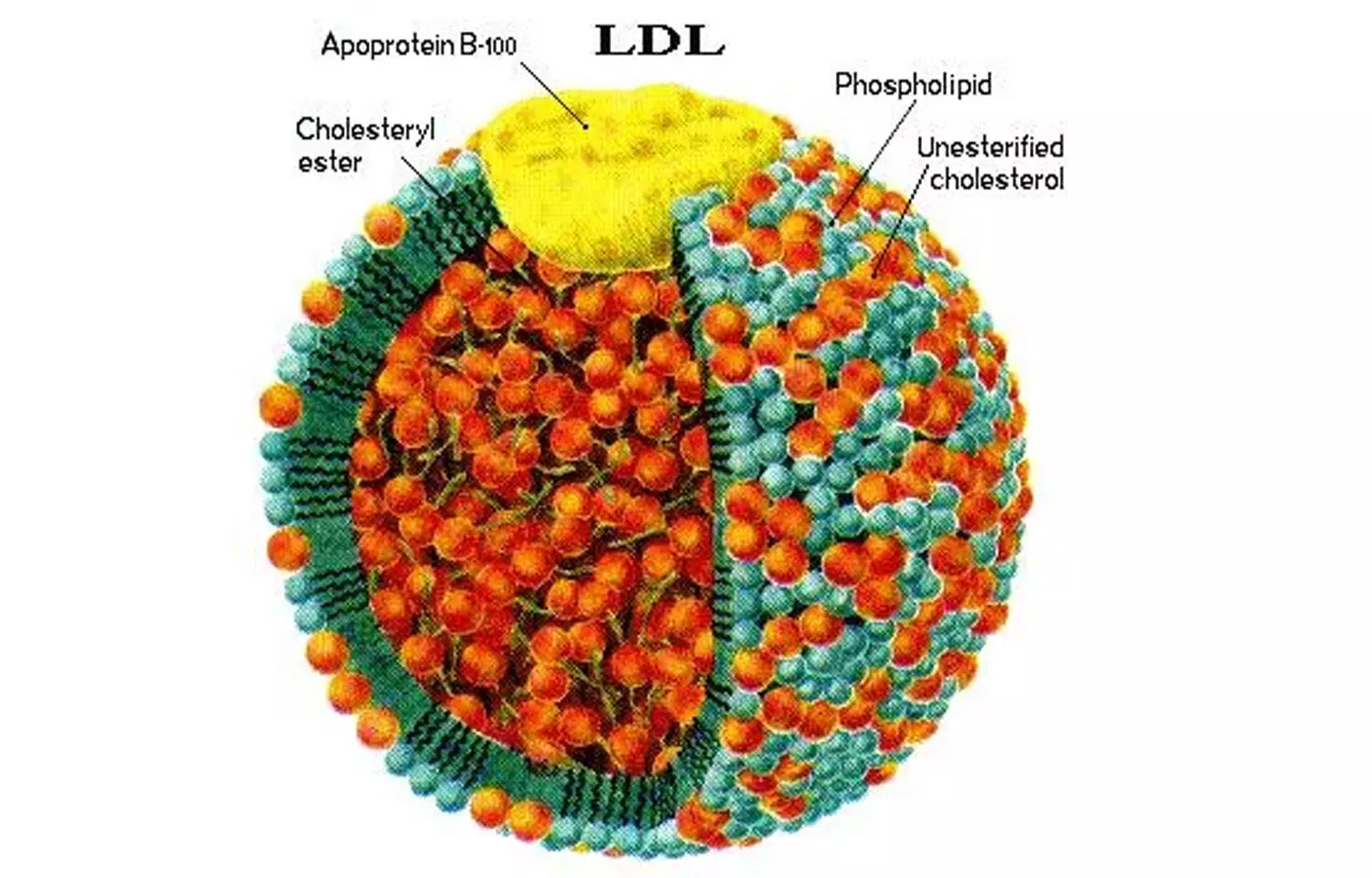News Archives - Healthy Caribbean Coalition
The Food In Our Schools Matters and Policy Can Make a Difference
3 months 1 day ago
Campaigns, News, Timeline
STAT+: Flatiron Health veterans raise $25 million for AI tool to forecast drug toxicity
3 months 1 day ago
Biotech, Exclusive, Artificial Intelligence, biotechnology, drug development, STAT+, venture capital
Developing a probiotic cocktail that may help ward off dementia - Medical Xpress
- Developing a probiotic cocktail that may help ward off dementia Medical Xpress
- The gut-brain connection: Harmful viruses in the gut may contribute to dementia Article Title University of South Florida
- Indian-Origin Scientist Creates Breakthrough Probiotic Cocktail To Help Prevent Dementia OnlyMyHealth
- Indian-origin researcher creates probiotic cocktail for dementia | Tap to know more | Inshorts Inshorts
- A drink has been created that helps protect against dementia Baku.ws
3 months 2 days ago
2 major lifestyle changes can drastically reduce your microplastics exposure - Fortune
- 2 major lifestyle changes can drastically reduce your microplastics exposure Fortune
- Scientists make disturbing discovery after analyzing household dust samples: 'We don't know yet if they can cross the blood-brain barrier' Yahoo
- I’m Wirecutter’s Sustainability Editor. Here’s My Advice For Reducing Your Exposure to Microplastics. The New York Times
- Plants absorb microplastics from air through their leaves: Study | To read more | Inshorts Inshorts
- Microplastic dangers: What to know about tiny particles in our bodies FOX 8 News
3 months 2 days ago
Scientists make disturbing discovery after analyzing household dust samples: 'We don't know yet if they can cross the blood-brain barrier' - Yahoo
- Scientists make disturbing discovery after analyzing household dust samples: 'We don't know yet if they can cross the blood-brain barrier' Yahoo
- I’m Wirecutter’s Sustainability Editor. Here’s My Advice For Reducing Your Exposure to Microplastics. The New York Times
- 2 major lifestyle changes can drastically reduce your microplastics exposure AOL.com
- Plants absorb microplastics from air through their leaves: Study | To read more | Inshorts Inshorts
- Microplastic dangers: What to know about tiny particles in our bodies FOX 8 News
3 months 2 days ago
Medical News, Health News Latest, Medical News Today - Medical Dialogues |
Counts of Apolipoprotein B particles and lipoprotein A may predict coronary Heart Disease Risk: Study
3 months 3 days ago
Cardiology-CTVS,Medicine,Cardiology & CTVS News,Medicine News,Top Medical News,Latest Medical News
Health – Demerara Waves Online News- Guyana
Nursing assistant wanted for alleged claims about Adriana Younge’s post-mortem; health minister mulls legal action for claims implicating him
3 months 3 days ago
Crime, Health, News, Politics, Adriana Younge, allegations, Ministry of Health, nursing assistant, post mortem examination, public mischief, wanted
These Common Bad Habits in Your 30s Can Damage Your Body and Mind for Decades - SciTechDaily
- These Common Bad Habits in Your 30s Can Damage Your Body and Mind for Decades SciTechDaily
- 'Why I quit drinking at 36, the age research says your lifestyle catches up with you' Yahoo Life UK
- Smoking and drinking in early life take its toll on a person's health by the age of 36 Jamaica Gleaner
- Smoker? Heavy drinker? No exercise? By age 36 your body will be feeling it South China Morning Post
3 months 4 days ago
Drinking Less of This One Beverage Could Lower Your Dementia Risk – And It’s Not Coffee! - The Daily Galaxy
- Drinking Less of This One Beverage Could Lower Your Dementia Risk – And It’s Not Coffee! The Daily Galaxy
- Reducing intake of one beverage can lower dementia risk - and it’s not coffee Manchester Evening News
- Moderate Alcohol Intake Worsens Alzheimer’s Pathology in Study ScienceBlog.com
- Dementia risk can be reduced by cutting out one common drink The Mirror
- Steering clear of one beverage may slash Alzheimer's and dementia risk Daily Express
3 months 4 days ago
Dementia risk can be reduced by cutting out one common drink - The Mirror
- Dementia risk can be reduced by cutting out one common drink The Mirror
- Drinking Less of This One Beverage Could Lower Your Dementia Risk – And It’s Not Coffee! The Daily Galaxy
- Moderate Alcohol Intake Worsens Alzheimer’s Pathology in Study ScienceBlog.com
- Dementia risk may be reduced by drinking less of one beverage - it's not coffee Galway Beo
- Steering clear of one beverage may slash Alzheimer's and dementia risk Daily Express
3 months 4 days ago
12 Things Doctors Always Do When They Travel To Avoid Getting Sick - HuffPost
- 12 Things Doctors Always Do When They Travel To Avoid Getting Sick HuffPost
- TravelMed2Go gives tips to keep you healthy while traveling KETK.com
- Travelling this summer? Expert shares easy nutrition tips for staying healthy India TV News
- 7 quick and healthy snack ideas for travelling DNA India
3 months 5 days ago
Avoiding one beverage could help slash your risk of Alzheimer's and dementia - Daily Express US
- Avoiding one beverage could help slash your risk of Alzheimer's and dementia Daily Express US
- Dementia risk can be reduced by cutting out one common drink The Mirror
- Drinking Less of This One Beverage Could Lower Your Dementia Risk – And It’s Not Coffee! The Daily Galaxy
- Dementia risk may be reduced by drinking less of one beverage - it's not coffee Surrey Live
- Steering clear of one beverage may slash Alzheimer's and dementia risk Daily Express
3 months 6 days ago
Drug-resistant TB exposure occurs at San Diego church - fox5sandiego.com
Drug-resistant TB exposure occurs at San Diego church
fox5sandiego.com
3 months 6 days ago
Marine disturbances in Calivigny Harbour
3 months 6 days ago
Environment, Health, PRESS RELEASE, calivigny harbour, coast guard, marine affairs, Ministry of Health
 [/columns]
[/columns] [/columns]-->
[/columns]-->

